Iran Election Faces Humiliation with Record Low Turnout, Heads for Runoff
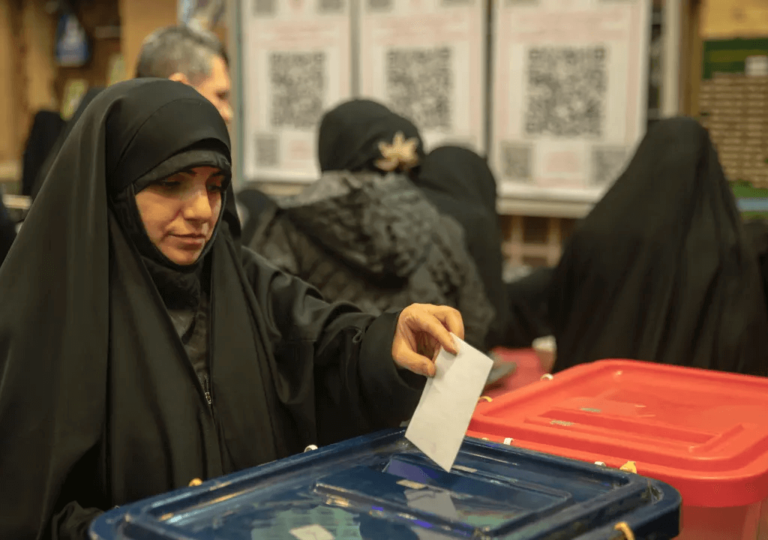
Low voter turnout in Iran's presidential election as reformist Pezeshkian and hardliner Jalili head to runoff.

Low voter turnout in Iran's presidential election as reformist Pezeshkian and hardliner Jalili head to runoff.
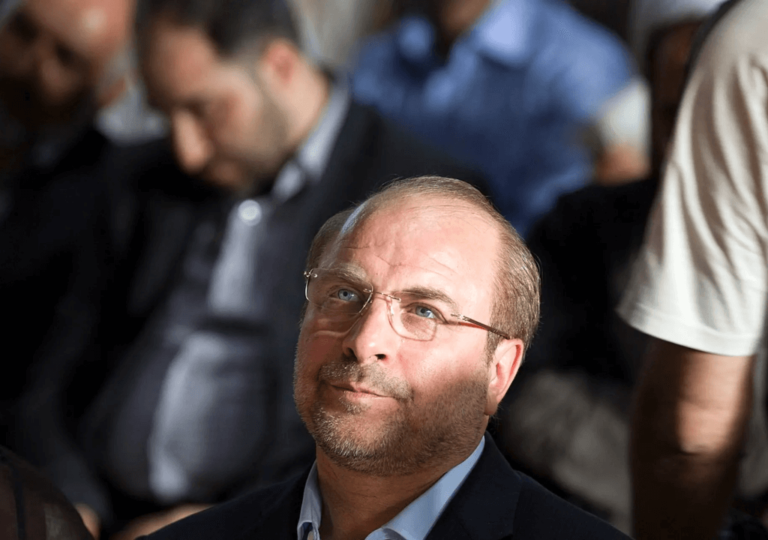
The upcoming Iranian presidential election is expected to maintain the regime's priorities of continuity and stability, with the likely winner being Mohammad Baqer Qalibaf, a conservative candidate favored by the military and the supreme leader's office.
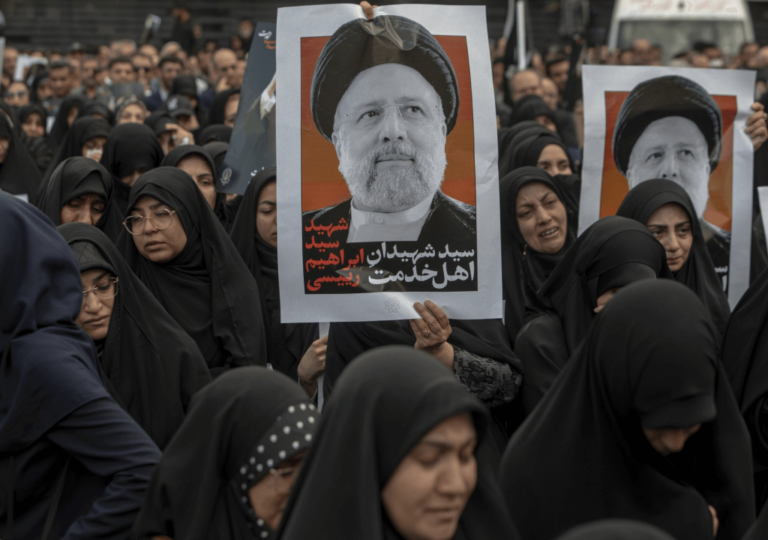
Iranian President Ebrahim Raisi dies in helicopter crash, sparking celebrations and questions about the future of the Islamic Republic.
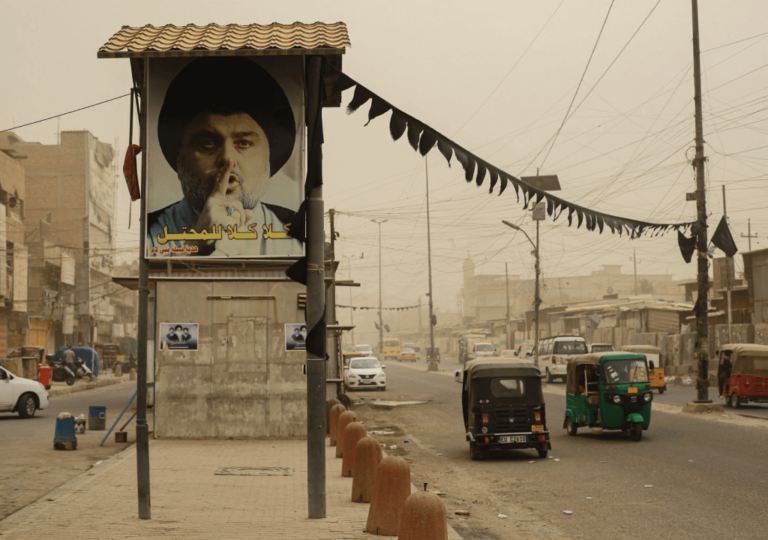
Iraq's complex power dynamics involve shifting allegiances between the US and Iran, impacting its political landscape.
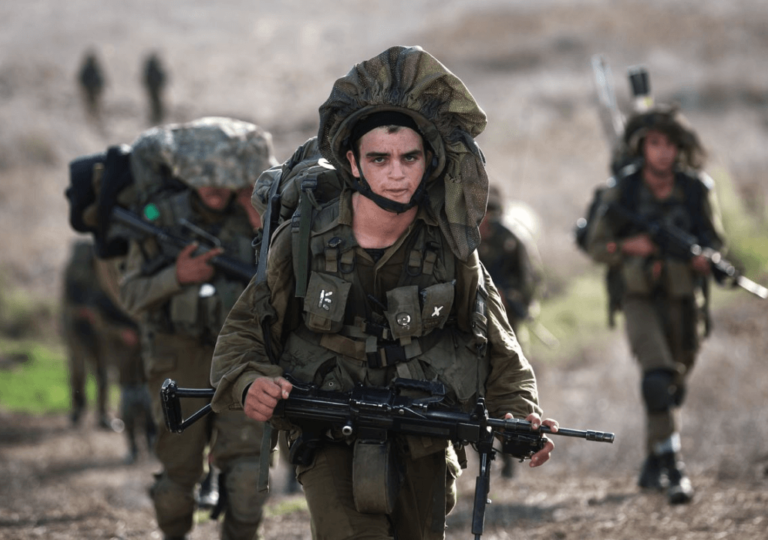
Despite fears of war, global powers urge restraint to prevent catastrophic consequences. Recent drone attacks and missile strikes highlight the delicate balance between these nations, with potential involvement of allies like Russia and China.
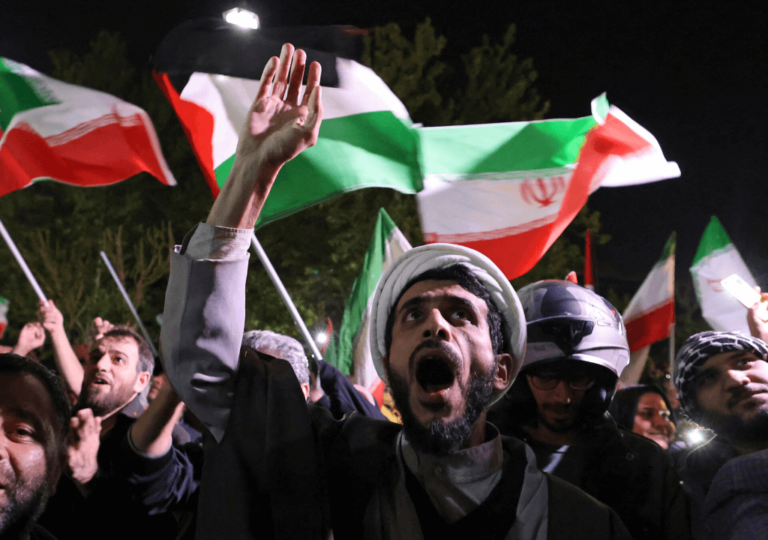
Iran launched a drone and missile attack on Israel, met with international obstruction. The conflict reflects complex political dynamics in the Middle East.
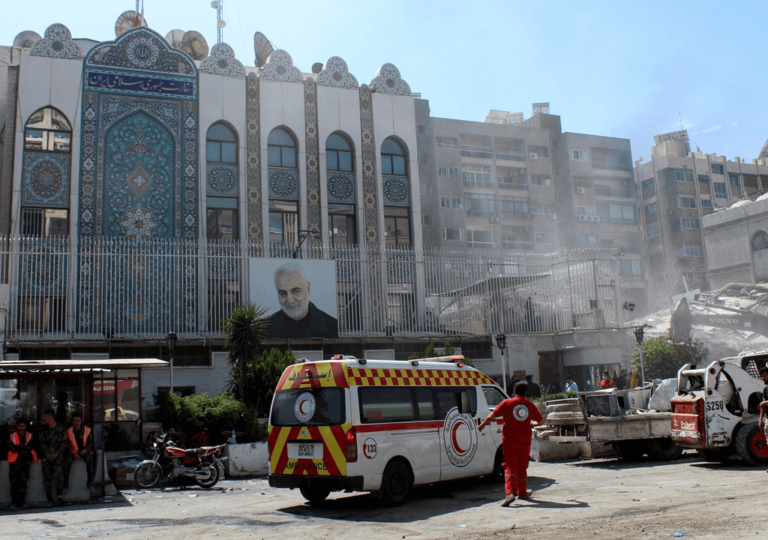
The recent Israel-Hamas conflict escalates, with Israel targeting Iranian interests in Syria, risking broader conflict but avoiding direct confrontation with Iran.
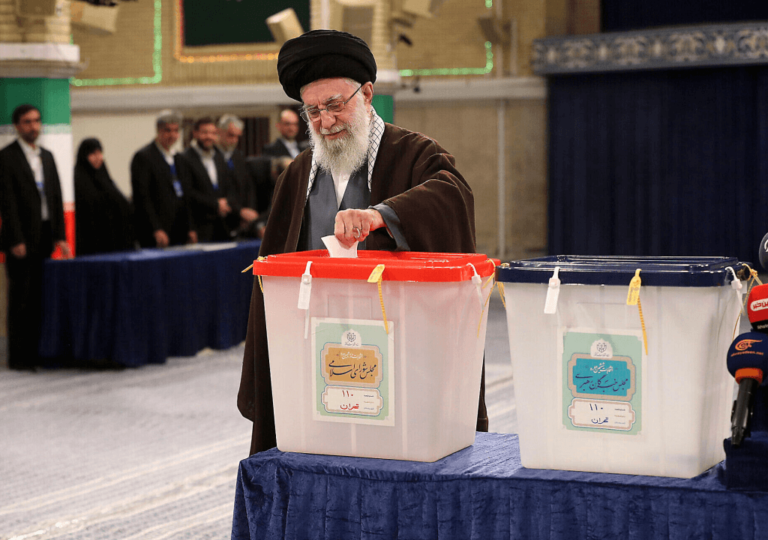
Iran's elections face low turnout amid economic woes and discontent, with strict candidate criteria and boycott calls challenging legitimacy.